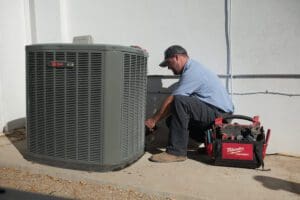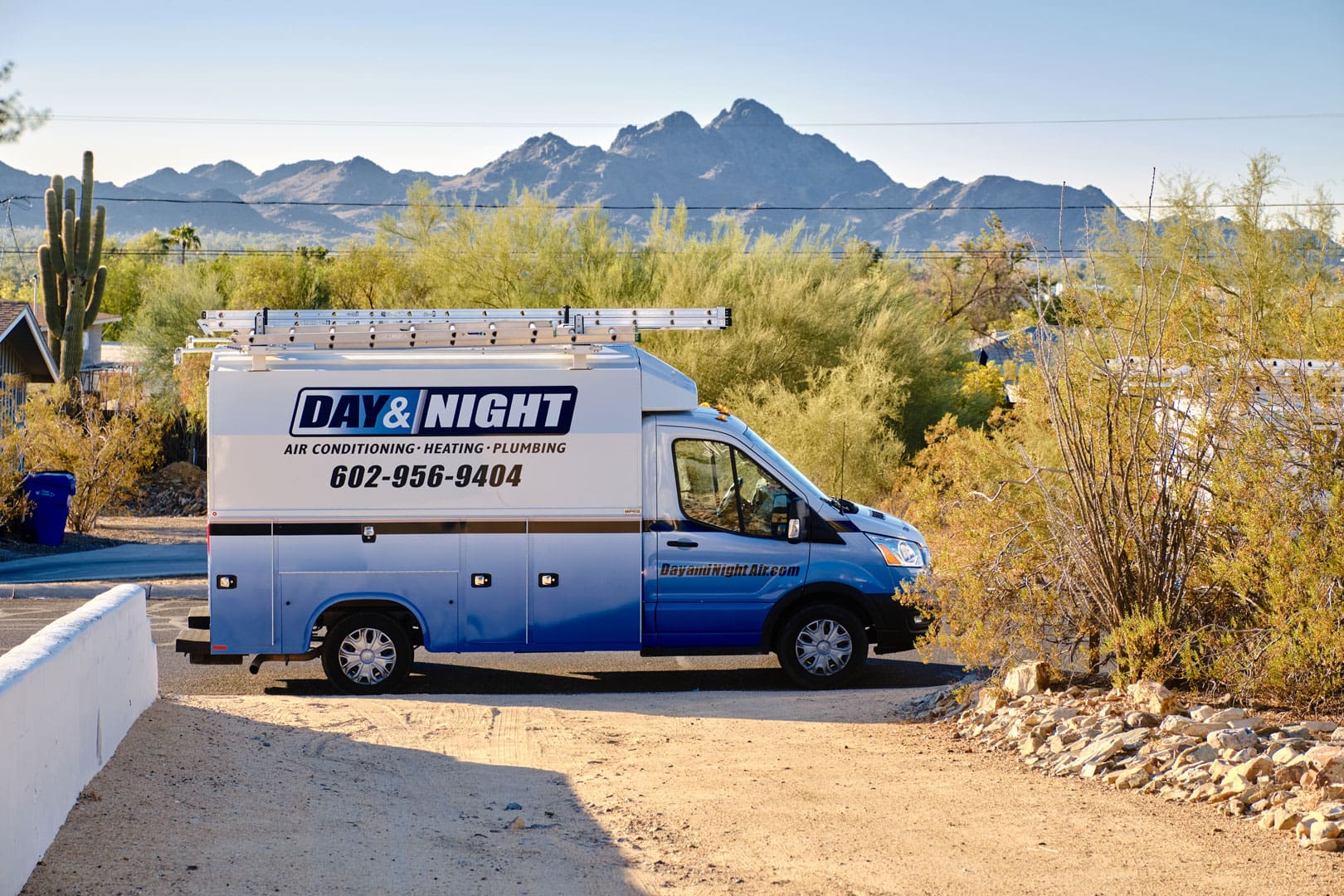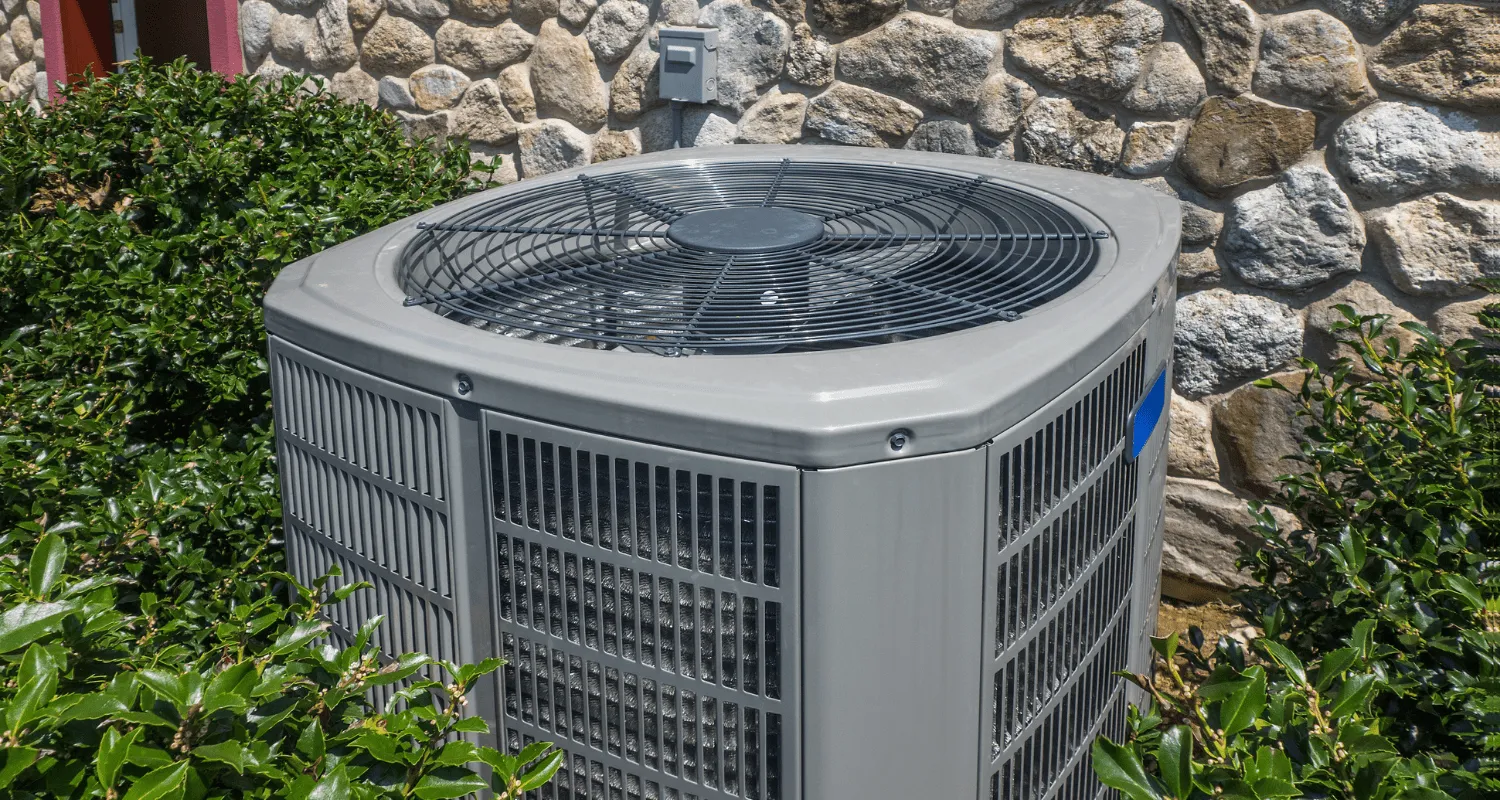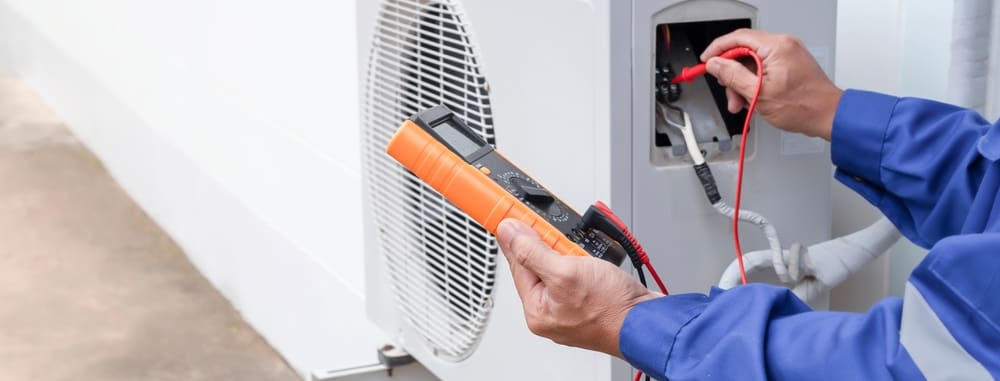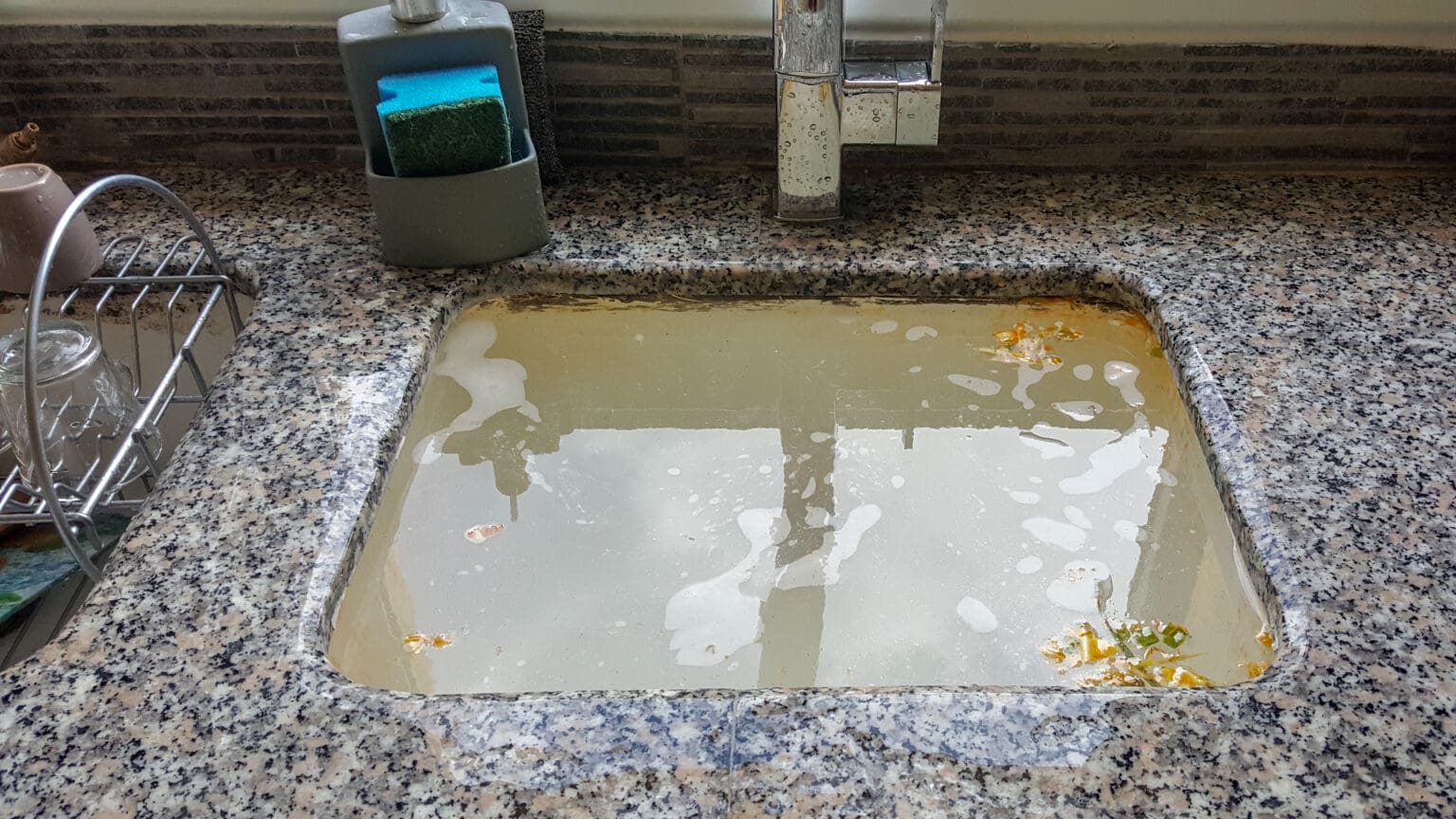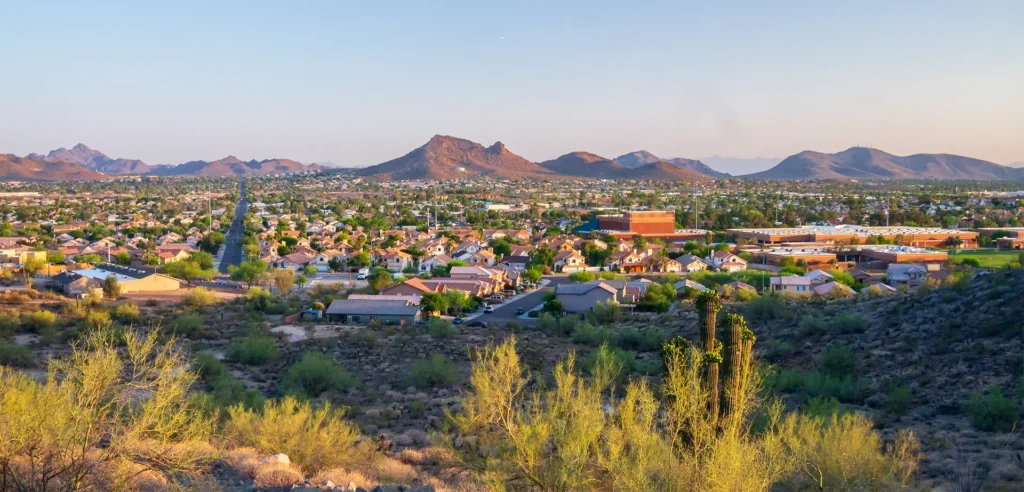As you read about Orangeburg pipe replacement, you’ll learn:
- There are several ways to find out if your home has Orangeburg pipes.
- Even if you aren’t experiencing problems with your Orangeburg sewer pipe yet, it may be a good idea to proactively consider sewer line replacement.
- A professional plumber will be able to walk you through all of your options and help you navigate the Orangeburg pipe replacement process.
What Is Orangeburg Pipe?

Orangeburg is a type of sewer pipe that was common for homes built between roughly 1945 and 1972. It has also been called a “no-corrode” pipe but is normally called Orangeburg because it was mass-produced in Orangeburg, New York. It became popular in 1945 because it didn’t require metals like iron or steel, which were in short supply because of the war effort. Instead, Orangeburg is made out of a mixture of wood pulp and hot pitch. It continued to be popular for so long because of how cheap it is to make, but people have since stopped using it because of how many problems it is likely to have.
How to Tell if Orangeburg Pipes Are Bad
The common signs that your Orangeburg pipes are bad are mostly the same as signs of trouble with any other sewer line. This may include things like frequent clogs and backups inside of the home. You may also notice indentations in your yard or patches of especially thick grass that run above your sewer line. Another common sign is that there may be buildups of mold in your home.
Why You Should Consider Orangeburg Pipe Replacement
The problem with Orangeburg pipes is that they fail so early. This is an especially large issue considering that they haven’t been used very frequently since 1972, which means any of them that are still around are likely to be at least 40 years old. They were expected to last for about 50 years when they were first created, but people have since realized that they’re likely to fail after only 30 years. In other words, any home with Orangeburg pipes is already working on borrowed time.
Benefits of Orangeburg Pipe Repair

One of the best things about getting your Orangeburg pipes repaired as soon as possible is that it maximizes the likelihood that you’ll be able to use trenchless sewer line replacement. When you do it this way, you’re getting all of the following benefits:
- Your pipes will last a lot longer, giving you much more time until you need to repair or replace them again.
- This will fix the damage that has occurred because of roots and cracks.
- The process is surprisingly fast. In some cases, it may even be completed in a few hours, which saves you a lot of time compared to the types of problems you might have if you wait too long to repair your Orangeburg pipes.
- There is no digging or demolition required for the trenchless pipe repair, which means it’s much less destructive to your home.
- Replacing your Orangeburg pipes before they cause serious problems is way more cost-effective in the long term, and you might be pleasantly surprised by your short-term savings as well.
Sewer Pipe Replacement in Phoenix
Day & Night Air Conditioning, Heating & Plumbing is a full-service plumbing company in Phoenix. We serve Maricopa County and can perform all of the services you need to repair and replace your Orangeburg pipes. Our expert plumbers are very familiar with all of the common problems homes in this area are likely to face, which allows us to offer quick, effective solutions. Schedule online at your convenience.
FAQs
An experienced plumber from Day & Night Air Conditioning, Heating & Plumbing will be able to answer all of your questions about sewer line replacement. Our team is happy to inspect your Orangeburg pipes, talk to you about your options, and carry out the replacement or repair as needed. Still, we understand that many customers want immediate answers even before they can connect with their expert plumber in the Phoenix area. For that reason, we have included answers to some of our most commonly asked questions below.
Does Your Home Have Orangeburg Pipes? Here’s How You Can Find Out
There are multiple ways to determine if you have Orangeburg pipes. The easiest way might be to talk to some of your neighbors and find out about the types of problems they’ve had with their pipes over the years. If your neighbors all had Orangeburg pipes, there’s a good chance that yours does too. These pipes were especially common between about 1945 and 1972, so homes from that era are especially at risk.
The second way you can know if you have Orangeburg pipes is if you have some common problems with them. For example, you may be having a lot of clogs in your sewer line. You may also notice that there are sinking spots in your yard that match up with where the sewer line runs. The very best way to know if you have Orangeburg pipes is to call an experienced plumber for an inspection.
Why Get Orangeburg Pipe Replacement?

Even if your Orangeburg pipes appear to be in good shape, it isn’t a bad idea to get a replacement anyway. Just because they are working at the moment, it doesn’t necessarily mean that they will continue to function as intended for very much longer. After all, there is a reason these pipes have the reputation they do, and they may not hold up to the years of pressure for very much longer. Taking a proactive approach to sewer line replacement is likely to save you a lot of time, money, and headaches in the future.
What Is Orangeburg Sewer Pipe and Why Is It Bad?
Also known as “no-corrode” pipe, Orangeburg is a type of pipe made from wood pulp and hot pitch. The name comes from the place where it was mass-produced in Orangeburg, New York. It was originally created this way to save iron and steel for the war effort, then continued to get made because it was so incredibly cheap to produce.
Unfortunately, this type of pipe normally doesn’t seem to last even as long as the 50 years it was originally supposed to last. Because it’s made with wood pulp, it can start to deteriorate and become deformed after becoming soaked with water, which is exactly what happens to sewer lines. This pipe is also very brittle, which makes it easy to break. Tree roots can often penetrate the pipe, causing serious damage or even a complete collapse.
Are your Orangeburg Pipes bad?
There might be multiple problems at once when Orangeburg pipes start to become especially degraded. This means that your entire water system could become dramatically less efficient all at the same time. For example, you may notice any or all of the following:
- Constant blockages
- Toilet backups
- Mold build ups around the house
- Sinkholes in the yard or near the foundation
- Thick patches of grass that follow your sewer line
If you ignore these signs, the problem is likely to get a lot worse. That’s what makes it so important to call the expert Phoenix area plumbers at Day & Night Air Conditioning, Heating & Plumbing right away.
Featured Image: JRJfin/Shutterstock

